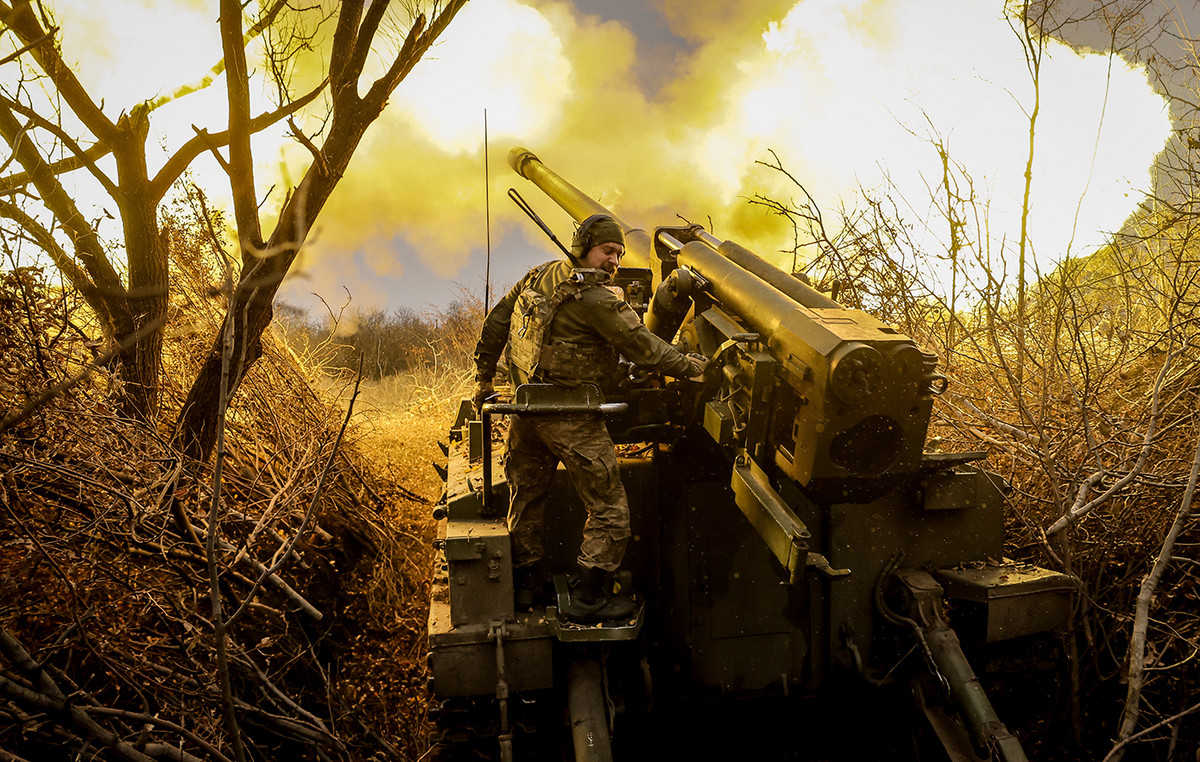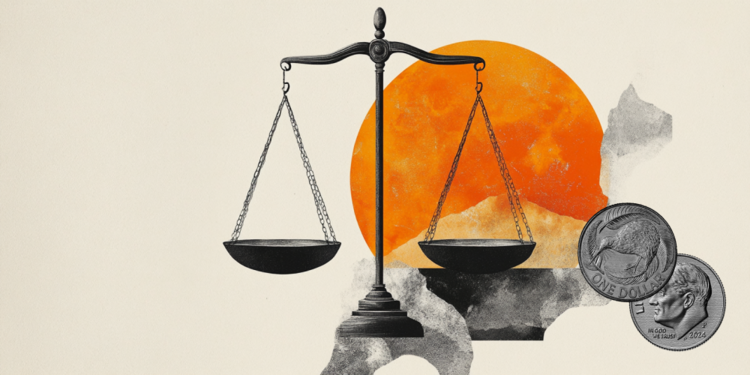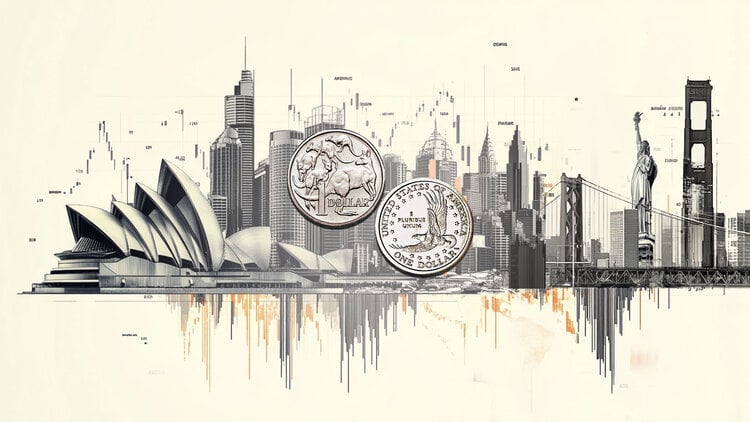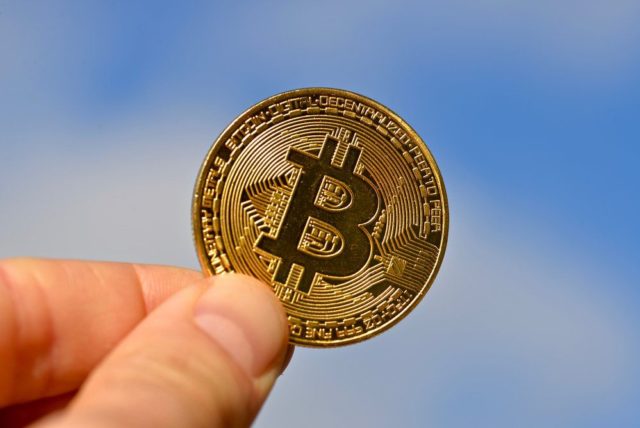“I threw a grenade at their feet,” is how French President Emmanuel Macron is said to have described his call for early elections, following a painful victory for the far-right in the European elections in June.
It was an explosive gamble and the final results took the country by surprise: the French left alliance came first with 182 seats and the far right came third – a shocking reversal of the results of the first round last Sunday.
In Paris’s Place de la Republique, news of the projected results was greeted with rapturous applause and fireworks as people embraced one another, breathing a collective sigh of relief: in their eyes, France had been pulled back from the brink.
Turnout on Sunday (7) was the highest in a parliamentary election in more than 20 years, as French citizens went to the polls to express their feelings: they did not want the far-right to govern.
However, with the left falling short of the 289 seats needed for a majority and with a weakened president, the national assembly is expected to be more fractured than ever.
What is certain is that France is about to enter a prolonged period of instability, as three opposing blocs with competing ideas and agendas attempt to form a coalition or become stuck in a state of paralysis.
Visibly disappointed, the far-right National Rally (RN) leader Jordan Bardella argued that his party’s defeat was only possible thanks to tactical voting orchestrated by Macron and the left-wing NFP coalition which decided to withdraw 200 candidates from the race this week in an effort to block the far right.
While the RN did not do as well as expected, it is still a victory for French far-right doyenne Marine Le Pen, with her party gaining more votes in each election passed. Eight in 2017, 89 in 2022, 143 in 2024 – the latter with the help of allies.
For the NFP left-wing alliance, it will be difficult to speak with one voice. The last time it formed a bloc under the name Nupes, in 2022, it collapsed due to personal and political differences.
The bloc brings together five different parties. The far-left France Insoumise and the Communist Party have joined forces with the centre-left, the Socialists and the Greens to form a New Popular Front. The challenge now is not whether the left can unite against the far-right, but whether the different groups can work together to agree first on who their camp’s prime minister should be – and then on what policies they could pursue.
How instability can impact internationally
With such a divided parliament, there is no hope of major structural reforms at home; the best leftists can hope for are ad hoc alliances to vote through individual pieces of legislation.
It is equally hard to see how the current makeup of parliament would allow France to play a major role in Ukraine. Macron has in the past promised to continue to support Ukraine militarily, while Le Pen has said her party would prevent Kiev from using French-supplied long-range weapons to strike inside Russia and would oppose the deployment of French troops.
The left has remained relatively calm on Ukraine – different parties in the coalition have slightly different positions – France Insoumise is against what it calls “escalation” with Russia.
Macron’s central bloc appears to have held up quite well, winning 163 seats. Although it lost around 100 seats, it is a much better result than the polls suggested, although we will see a shift in power from the Elysée to the National Assembly.
Macron’s gamble may have prevented the far right from coming to power, but it could still plunge the country into chaos. And with no parliamentary elections scheduled for another year, France faces an uncertain time, with the eyes of the world firmly on Paris as it prepares to host the Olympic Games in three weeks’ time.
Source: CNN Brasil
Bruce Belcher is a seasoned author with over 5 years of experience in world news. He writes for online news websites and provides in-depth analysis on the world stock market. Bruce is known for his insightful perspectives and commitment to keeping the public informed.







